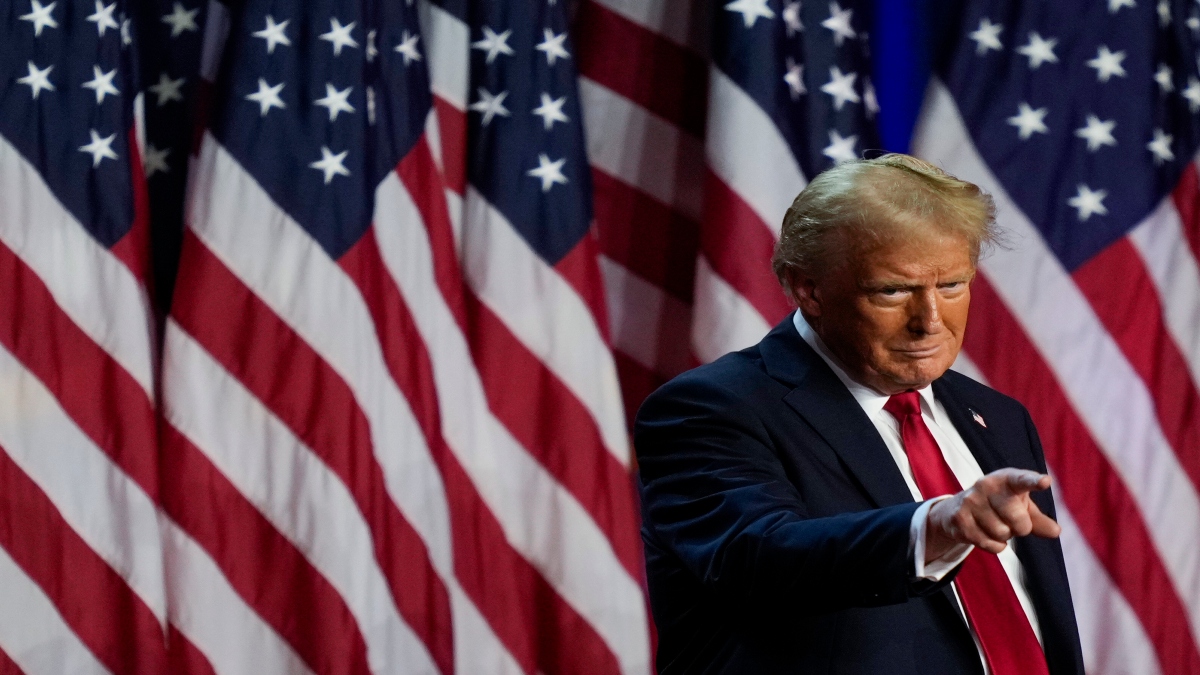The H-1B visa program, a lifeline for foreign skilled workers and a crucial part of the U.S. tech and IT sectors, is expected to see significant changes now that Republican Donald Trump has won the election.
During his first term, from 2016-2020, Trump introduced policies aimed at tightening visa restrictions under his “Buy American and Hire American” executive order, which drove up denial rates for H-1B and L-1 visas.
This shift hit the tech industry hard, especially outsourcing companies that heavily rely on foreign labour to meet US workforce demands.
Here’s how Trump’s return to office could impact H-1B visas now:
1. Stricter eligibility criteria and denials
After Trump first came to power, the denial rate for H-1B visas jumped from 4 per cent in 2015 to 17 per cent in 2019.
Trump’s administration argued that the visa program was being exploited to displace American workers, especially in IT roles. This stance led to stricter scrutiny on visa applications and denials for roles deemed insufficiently specialised, a recent report by JM Financial noted.
Many expect that another Trump administration would resume these stringent policies, potentially leading to a resurgence in denial rates, particularly impacting companies that rely on H-1B workers for specialised roles, according to a report
2. Narrower definitions of “specialty occupations”
One of the most debated changes under Trump’s first term was a proposed redefinition of “specialty occupations” for H-1B eligibility. In 2020, his administration attempted to enforce a rule requiring that an H-1B role directly relate to a specific bachelor’s degree.
This move was aimed at limiting visa eligibility to only the most specialised roles, effectively narrowing the scope for foreign workers. Although the rule was blocked by the courts, Trump could revive this proposal, making it harder for H-1B candidates in less narrowly defined fields to qualify.
3. Increased wage requirements for visa holders
The Trump administration also proposed raising the minimum salary requirements for H-1B visa holders to ensure they were paid above the prevailing wage, arguing this would protect American workers from wage suppression.
Although the wage increase rule did not take effect due to legal challenges, Trump could reinstate it if re-elected. For companies, especially those in IT services, this could increase labor costs, potentially deterring the hiring of H-1B workers, the repot by JM Financial suggested.
Impact Shorts
More Shorts4. Broader legislative changes
Current bipartisan immigration bills in Congress, such as the H-1B and L-1 Visa Reform Act, propose reforms intended to prioritise high-skilled workers and safeguard American jobs.
While these bills focus on enhancing compliance and enforcing higher wage standards, they are not strictly tied to the presidential election outcome. However, if Trump is re-elected, his administration might push for tighter regulations or support bills that limit H-1B issuance further, aligning with his policy stance.
5. Impact on Indian IT firms
Indian IT giants such as Infosys, TCS, and Wipro, which previously relied on H-1B visas for a significant portion of their US workforce, have adapted since Trump’s first term by localizing more of their hiring.
As a result, while the companies could still feel the impact of stricter H-1B regulations, they are likely to be less vulnerable than before.
Analysts suggest that the share of H-1B visa holders among their US-based staff has declined significantly in recent years, cushioning them from potential visa-related disruptions.


)

)
)
)
)
)
)
)
)



